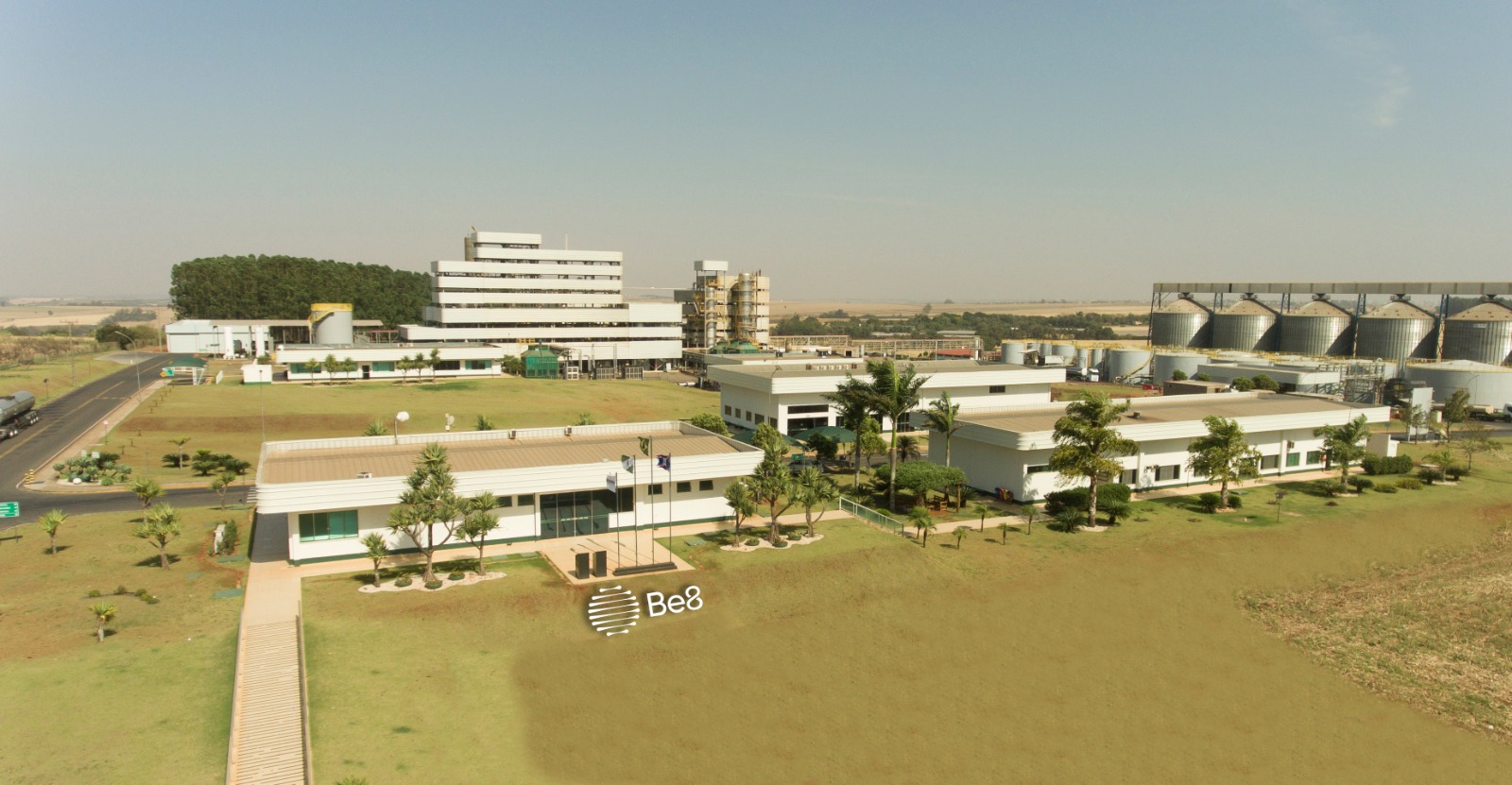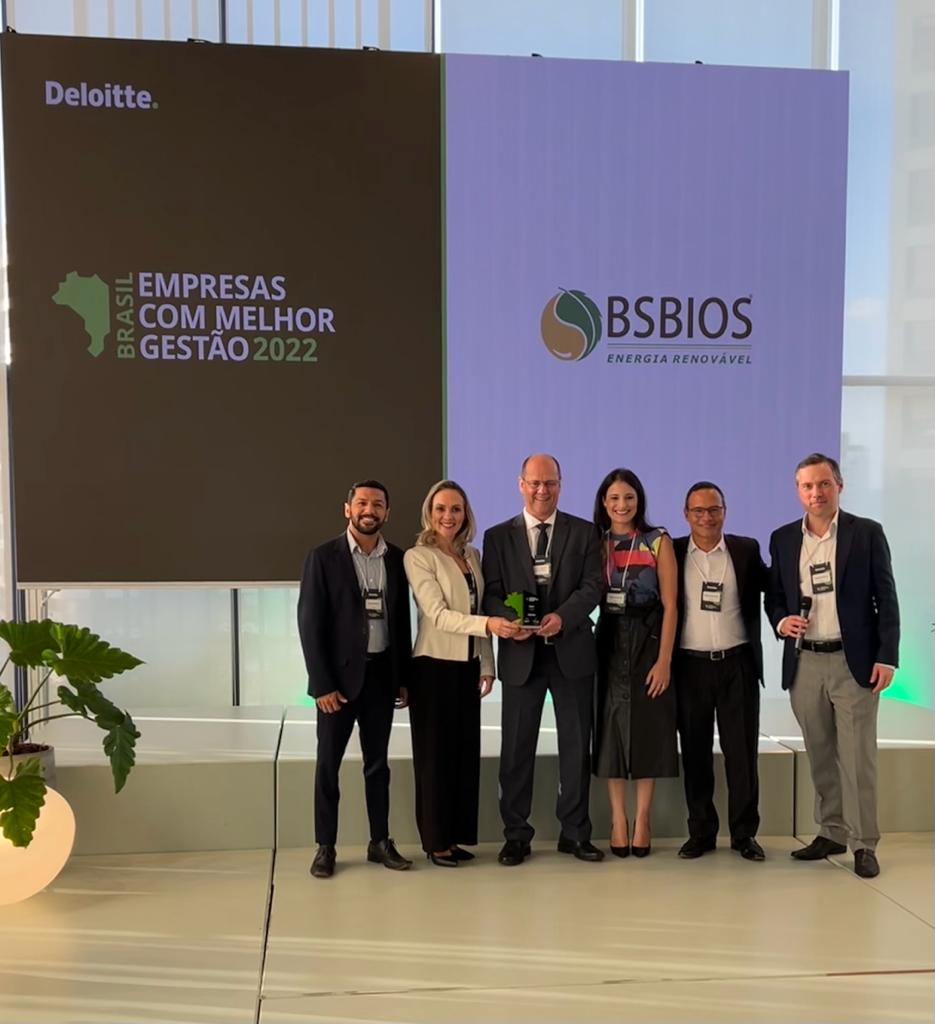Biodiesel is no longer the only renewable alternative to diesel available globally. Although it still has a minority stake, hydrotreated vegetable oil (HVO) has gained traction and has been attracting investment from major players, especially in the European Union (EU) market. Production in the European bloc countries amounted to 2.8 billion liters last year.
Until recently, however, Latin America had been passing off this wave. The region only started chasing after lost ground at the end of February, when the ECB Group announced its intention to invest US $ 800 million - about R $ 3.35 billion - in the construction of a biorefinery capable of manufacturing up to 20 thousand barrels - 3.18 million liters - per day of HVO and aviation biokerosene in Paraguay.
The project is led by an old acquaintance of the Brazilian biodiesel industry: businessman Erasmo Carlos Battistella. Erasmo is the founder and controller of the BSBios Group - the largest biodiesel manufacturer in the country with 545.8 million liters last year - and chairman of the Brazilian Biofuels Producers Association (Aprobio).
In addition, ANP is preparing to regulate the use of other renewable alternatives to petroleum diesel in the Brazilian market.
HVO has at least one advantage over biodiesel. Because it is chemically more similar to petroleum diesel, it can be used in any proportion - even pure - on engines if any further modification. The same is not true of biodiesel.
Each in its square
For Erasmo, HVO and biodiesel are not necessarily on a collision course. “Biodiesel is a heritage we have here in Brazil and we have a big ramp ahead,” he says when referring to the move towards the adoption of B15 in 2023. However, the businessman demands more ambition. “We have to think bigger and start talking about exporting biodiesel. Brazil has made some wrong decisions and we are not competitive in exporting, ”He complains.
Remember that BSBIOS was the first Brazilian manufacturer to export commercial volumes of biodiesel. In June 2013, the company shipped 22 tons to Europe. Brazil`s participation in the international market, however, did not last. Brazilian mills have not shipped commercially significant quantities since December 2015. The biggest node, according to Erasmo, is in the tax area. “We have to make tax equalizations in order to be competitive in the foreign market”, he recommends adding that Renovabio can help in this regard.
For Erasmo, HVO`s participation in the Brazilian fuel market needs to be developed in parallel with biodiesel. \"We have to develop the market, but maintaining the niche of biodiesel,\" says defending the addition of two biofuels in diesel consumed in the country. “We could have the B15 and H5,” he says referring to a mixture that would have 80% conventional diesel, 15% biodiesel and 5% HVO. The horizon, however, is that HVO will eventually outperform biodiesel. “The B20 / H80 would be an ideal blend to reduce CO2 and pollutant emissions in major cities like São Paulo,” He adds.
For Brazil, he argues, increased use of biofuels would be a potentially more advantageous solution even than the electrification of fleets. “Although HVO is more expensive [than diesel and biodiesel], we could take advantage of all the capex that is already there: the same stations, the same trucks and buses. It would be a huge gain in agility ”, he evaluates even recognizing that, today, there is no way to know where the global market will go. “It`s all gambling, we have no way of telling where we will be in 20 or 30 years. But we know we need a more sustainable consumption pattern, ”He says.
BioQAV
HVO has another feature. From the same plant where renewable diesel comes out also comes a kind of biokerosene that can be a substitute for fossil-origin aviation fuels called synthetic paraffin kerosene (SPK). “If we introduce HVO, we will also have biokerosene,” He says.
To unlock investments in these new technologies, however, Erasmus says a clear regulatory framework is missing for these other biofuels. “No one will make big investments if we don`t have a milestone for use or if we are not competitive in exporting,” He says.
Although plants for HVO production are more expensive and thus require a higher level of investment, Erasmus points out that technology is an opportunity to develop a green petrochemical. “It`s an upgrade from what we`re doing today,”He says.
Opeb
To strengthen Brazil`s position in the global biofuels market, Erasmo argues that the country should lead the creation of an international group inspired by the experience of the Organization of Petroleum Exporting Countries (OPEC).
“We have to lead the formation of the Organization of Biofuel Exporting Countries (Opeb). Brazil has a giant potential, but if we look at Latin America, we get even bigger to create a big block of biofuels, ”he says. “With a working bloc, we would have a stronger strategic agenda and greater economic development, unlike having each one working alone,” he continues.
This would even be a national security and sovereignty agenda since, without biodiesel, Brazil would be importing an even greater amount of fossil diesel. In addition, biofuels are an important tool to leverage economic development within the country. “Oil is important but it develops the coast, [biofuels] help make our vocation to produce food and energy viable,” he says, adding that without biodiesel the national crushing industry would not know what to do with all the oil. of soybeans it produces.
Source: Fábio Rodrigues – BiodieselBR.com


